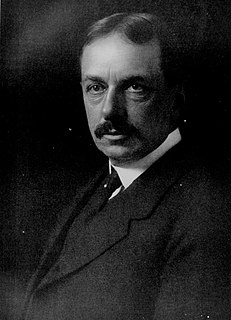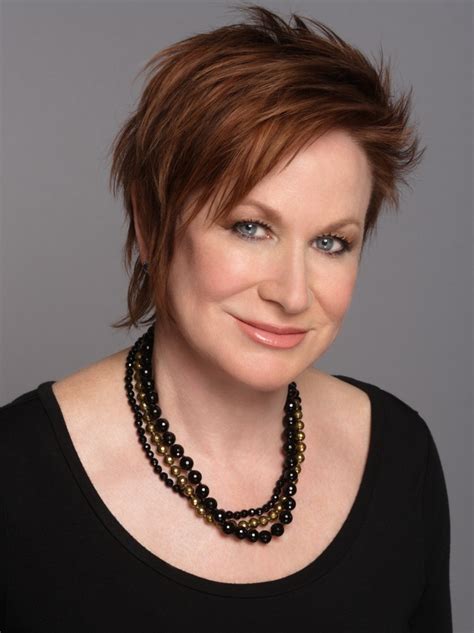A Quote by Mortimer Adler
An educated person is one who, through the travail of his own life, has assimilated the ideas that make him representative of his culture.
Related Quotes
Samuel Beckett is the person that I read the most of - certainly the person whose books I own the most of. Probably 800 or 900, maybe 1,000 books of just Samuel Beckett. By him, about him, in different languages, etc. etc. Notebooks of his, letters of his that I own, personal letters - not to me, but I bought a bunch of correspondence of his. I love his humor, and I'm always blown away by his syntax and his ideas. So I keep reading those.
The only distinction between freedom and slavery consists in this: In the former state a man is governed by the laws to which he has given his consent, either in person or by his representative; in the latter, he is governed by the will of another. In the one case, his life and property are his own; in the other, they depend upon the pleasure of his master. It is easy to discern which of these two states is preferable.
The ordinary method of education is to imprint ideas and opinions, in the strict sense of the word, prejudices, on the mind of the child, before it has had any but a very few particular observations. It is thus that he afterwards comes to view the world and gather experience through the medium of those ready-made ideas, rather than to let his ideas be formed for him out of his own experience of life, as they ought to be.
Some souls think that the Holy Spirit is very far away, far, far, up above. Actually he is, we might say, the divine Person who is most closely present to the creature. He accompanies him everywhere. He penetrates him with himself. He calls him, he protects him. He makes of him his living temple. He defends him. He helps him. He guards him from all his enemies. He is closer to him than his own soul. All the good a soul accomplishes, it carries out under his inspiration, in his light, by his grace and his help.
A really wise man is feminine, receptive, passive. That's why Buddha looks so feminine. That quality of passiveness, that quality of receptivity... He is just a receptacle. He reflects life: he allows life to reflect in him, to be reflected through him. He sings the song that existence wants to sing through him. He has no ideas of his own; he does not hinder.
The all-round liberally educated man, from Palaeolithic times to the time when the earth shall become a cold cinder, will always be the same, namely, the man who follows his standards of truth and beauty, who employs his learning and observation, his reason, his expression, for purposes of production, that is, to add something of his own to the stock of the world's ideas.
Ideas are powerful things, requiring not a studious contemplation but an action, even if it is only an inner action. Their acquisition obligates each man in some way to change his life, even if it is only his inner life. They demand to be stood for. They dictate where a man must concentrate his vision. They determine his moral and intellectual priorities. They provide him with allies and make him enemies. In short, ideas impose an interest in their ultimate fate which goes far beyond the realm of the merely reasonable.
From the root, the sap rises up into the artist, flows through him, flows to his eye. Overwhelmed and activated by the force of the current, he conveys his vision into his work. And yet, standing at his appointed place as the trunk of the tree, he does nothing other than gather and pass on what rises from the depths. He neither serves nor commands he transmits. His position is humble. And the beauty at the crown is not his own; it has merely passed through him.
In a sense, the religious person must have no real views of his own and it is presumptuous of him, in fact, to have any. In regard to sex-love affairs, to marriage and family relations, to business, to politics, and to virtually everything else that is important in his life, he must try to discover what his god and his clergy would like him to do; and he must primarily do their bidding.








































